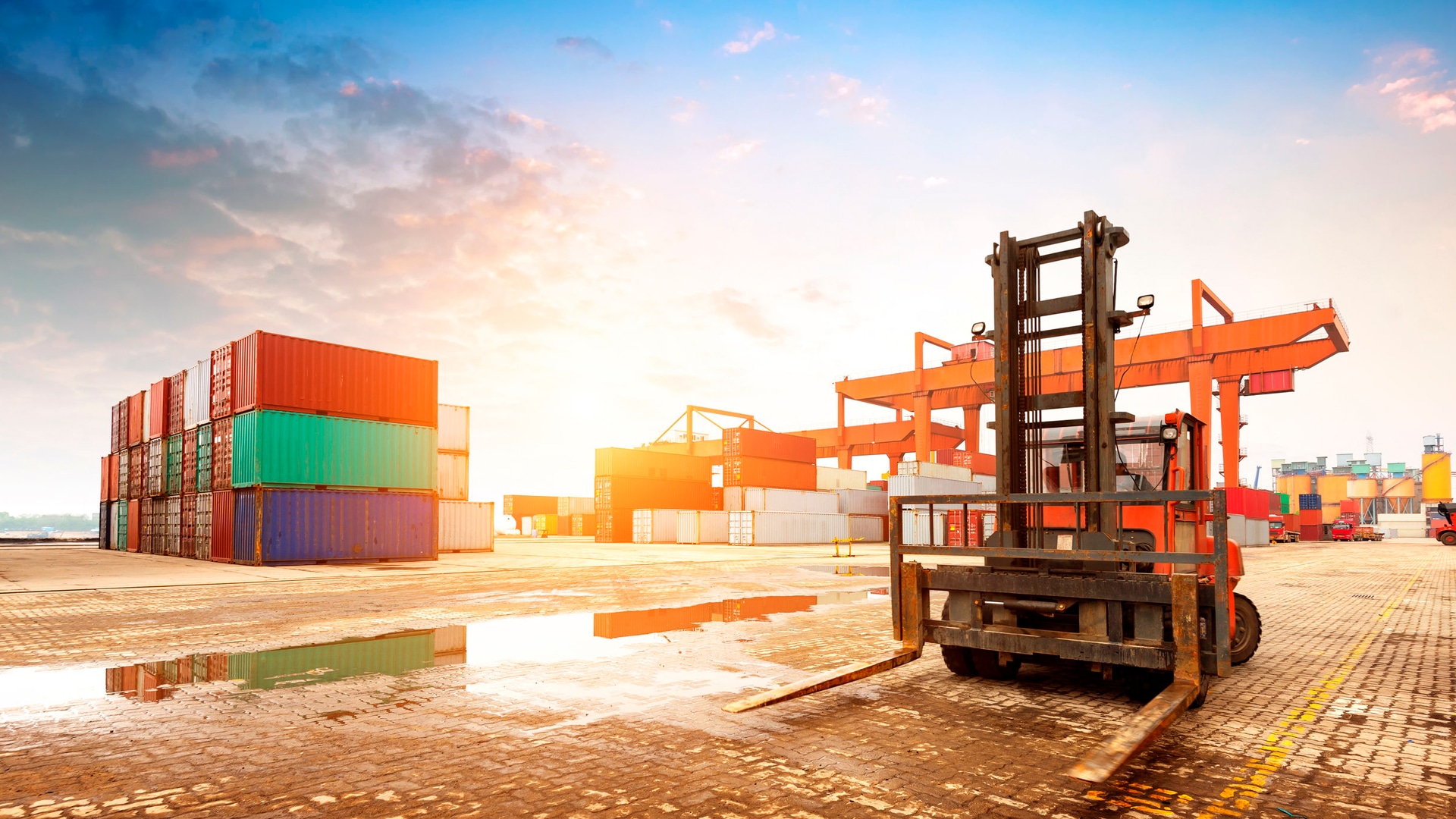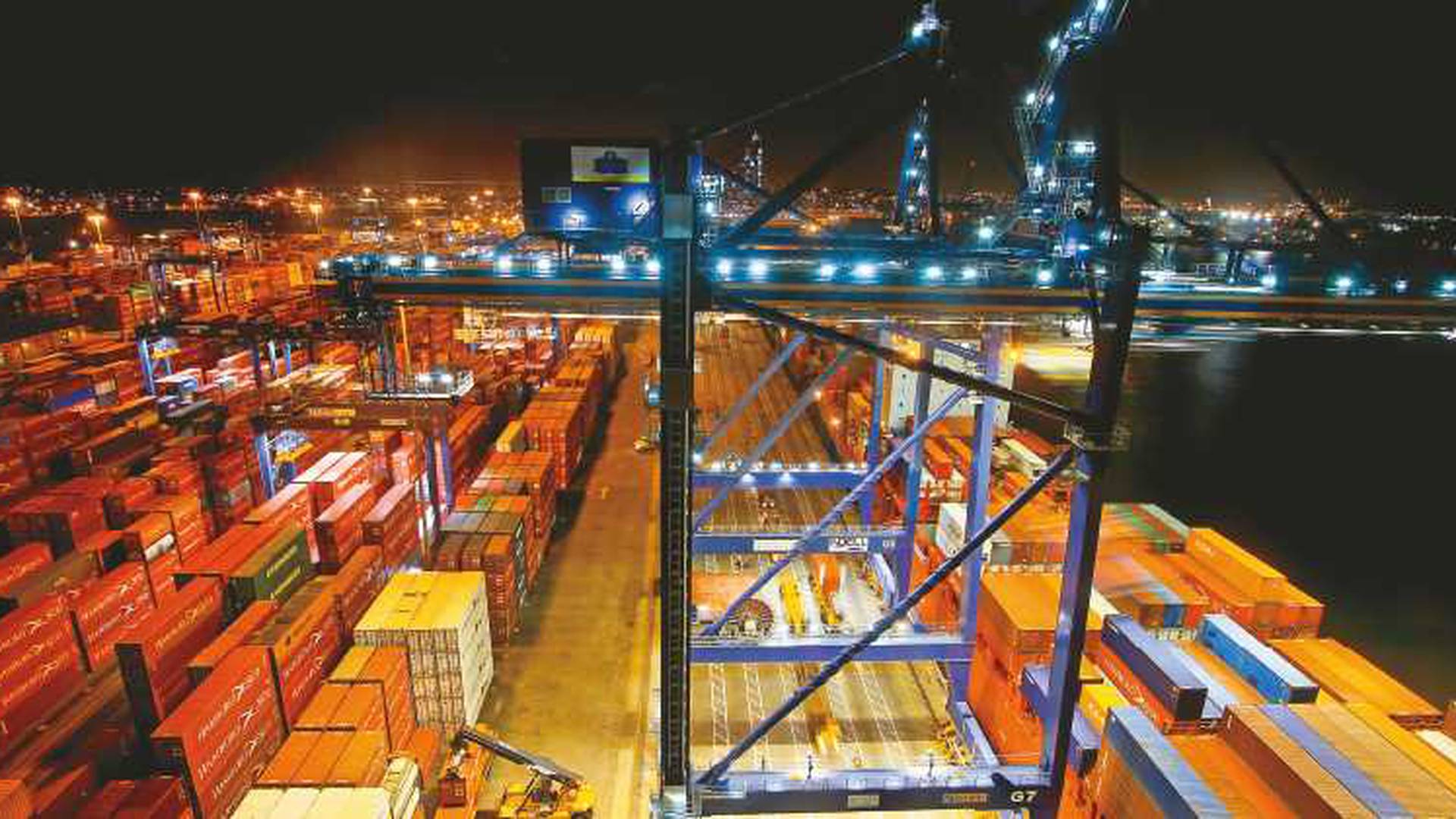In this article you will learn what are tariffs, what they are for and how they work in the world. So stay with us, because it will be a very interesting topic. You'll be surprised!.

Tariffs and their importance in the world
What are tariffs?
Many times we have heard about tariffs; in the media, on the networks, when people comment on it, but have you thought about it, is its meaning really known?
It's a term used in the day-to-day news we see, when countries "raise tariffs," "reject high tariffs," and more. Well, let's go easy, we'll explain it to you.
A tariff is a tax, that is, a rate or an amount that is granted to some commercial transactions, or goods with an import and export nature.
If you want to send a product to another country, through the regular channels (an international shipping agency), you will have to pay for packaging, weight, shipping, insurance in case of loss and, in addition, a fee special that comes to be the tax: (in this case, a tariff).
What are they for?
Tariffs are known as customs duties, that is, a series of regulations that act as public law that establish the payment budget for the entry and exit of different merchandise in the customs territory: (places where these commercial exchanges are carried out, since whether water, air or land, where customs legislation applies).
These tariffs fulfill two main functions; First, it allows the State the guarantee of a source of income that goes to the public treasury. And second, it works as a protection barrier for some sectors of the economy that may be affected by the arrival of products from other places, which become their competition in the market.
In this way, the products that arrive will be forced to change their final price and in this way, they will not be able to affect the national trade, in its different scales.

It is important to mention that there are agreements on tariff prices; this can occur between the government and some companies, or from government to government. This occurs in order to impact, in one way or another, the economies of the markets of certain countries or regions.
All countries classify and establish the prices of their tariffs on the products that are going to enter or leave the country. In some cases, tariffs can be eliminated, thus creating preferential treatment for some customers.
Types of tariffs
Now we are going to explain the types of rates that are handled worldwide, there are only three:
- Ad Valorem: It means "on value" or "added value", it is a type of tariff, in which a rate is applied for the price of the merchandise as a whole. That is, an extra percentage is added to the total value of the load. For example: If the total load is priced at $1000, the Ad Valorem can be 5%. Therefore, you need to pay the $1000 freight and additional $50 as duty.
- Specific: It is a pre-established tariff and will depend on the load units in the merchandise, or on the specific quantity. We can place as an example: For the shipment of "X" merchandise, you must pay $1000 for each metric ton.
- Combined: These tariffs will also depend on a pre-established agreement, in which the merchandise can be valued for its total load, plus the Ad Valorem, and in turn, pay the corresponding amounts for each unit: (specific). That is, the tariff payments will be combined for said merchandise.

Classification of tariffs according to the merchandise
Before proceeding to import or export (in any of the cases) a merchandise, it is important to know the tariff classifications, not only as part of a customs protocol, but to know the corresponding process in case of any situation.
Many people do not take this into consideration, but it is key and fundamental to achieving order and harmony in the description of the products, in addition to having a high percentage of security in shipments.
The classification is based on the numerical codes created by the World Customs Organization (WCO), so that the products are correctly identified, the necessary tariffs are established depending on the type of cargo and merchandise, among other objectives that we will mention below:
- It allows for better performance in import and export tasks.
- It facilitates the classification of the numerical codes for each merchandise.
- It achieves a better mechanism to establish the corresponding tariffs.
- Capture all the necessary information in customs processes: (internal and external trade policies, shipping rates, rules of origin, weight - distance, among others.
Impact
Establishing tariffs on products will always bring effects that can benefit some and harm others.
In other words, if we talk about trade relations between different countries, industries (small, medium and large) are clearly involved. If a nation comes to have good relations with another, it is possible that the mechanisms for bilateral trade will be facilitated.
In this way, agreements are reached where tariffs on certain types of goods are likely to be reduced (this will depend on the type of agreements that have been signed), and some tariffs may even be temporarily eliminated. Coming to charge only the weight and shipping of the load.

But, what happens if the nations do not get along? We have the United States and China as an example, which frequently increase tariffs, harming businessmen at all levels, who are the ones who have to pay for the increase in tariffs. unstable, thus forcing them to increase the price of their products. If you want to know a little more about the importance of companies and the effect they have on the world, then I invite you to read this interesting article: Social impact.
This makes domestic production more relevant to the merchandise that enters the country, causing the acquisition of the national product to increase and, with high tariffs, in this case, depending on the country that does it, it will gain with more income to the nation.
Here are some effects that tariffs can cause:
- Major source of income for the State (tax).
- Increase in national production.
- It can affect the consumer.
- Decrease in the entry of products into the country.
- The product to which the tariff increase is subjected will, therefore, have an increase in its price in the market.
Importance
In a globalized world like today's, international trade is normal and even essential, because the product produced by another country will always be needed. For this reason, the need to create and impose tariffs is paramount for nations to win, (either with the product they receive and the tariff it imposes, or the country that sends it, because a full load of merchandise represents large sources of money ).